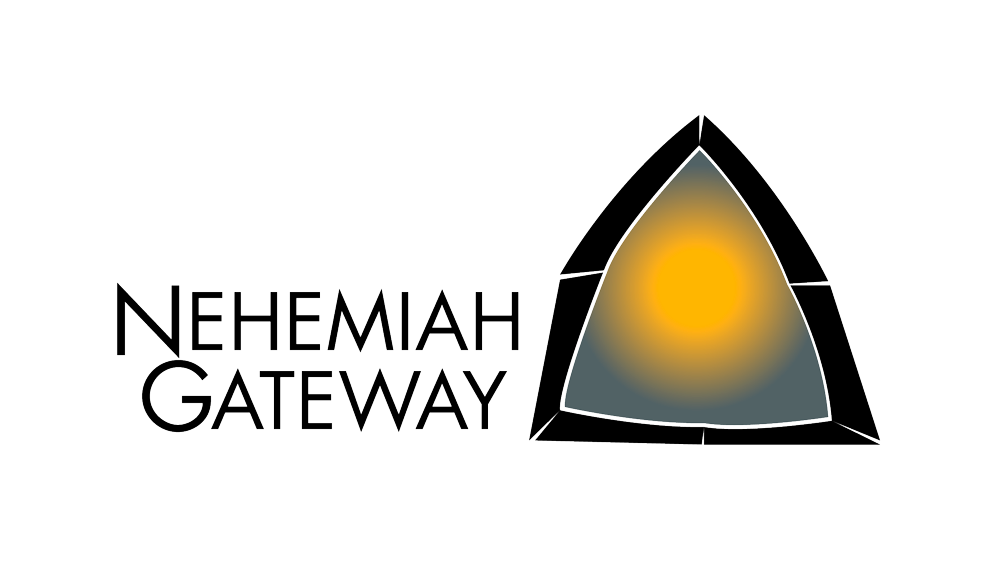International Conflict Leaves Its Mark on Albania - And Bird Flu, Too!
May 2022
MARJO HYKO
is a Bachelor’s student at Nehemiah Gateway University. He manages Seasons Bakery, an American-style bakery that opened its doors in 2019 in Pogradec.

How has the inflation situation, and war in Ukraine, impacted the bakery?
The prices of 90% of our ingredients have gone up because of the war in Ukraine. A lot of our flour used to come from Russia and Ukraine. Cooking oil has more than doubled in price. And the cost of eggs has gone up, too—not because of war, but because of a bird flu outbreak earlier this year. Because the cost of fuel has gone up so much, our suppliers aren’t delivering any more. We have to go pick up ingredients ourselves—and pay the cost of the transport. And that adds to the cost of everything we produce.
People just don’t have as much money for things like cookies and cupcakes, so we have less customers. We are producing less because we are selling less. We also have had to raise prices on some items just because the ingredients cost so much more—but that makes it even harder for people to buy our baked goods.
Brothers ERJON BERBERI and FREDI BERBERI manage bus transportation for Nehemia School and Amaro Tan.

How has the inflation situation, and war in Ukraine, impacted your lives? What have you done to adapt?
The price of fuel has gone up so much! We manage transportation for hundreds of children every day. Our contract starts in September, and we can’t change it. When we signed our contract, fuel prices were much lower than they are now.
The cost of fuel has gone up by 50 Cent per liter and our buses consume 950 liters of fuel per month. That’s 475 Euro more every month. Also, parts and services for cars and buses have gone up by 20% or more. These costs are coming out of our own salaries.
NG Albania agreed to help by covering 50% of the added costs. We’re also figuring out ways to drive less by combining bus routes. Normally, we have four drivers, but we’ve gone down to three. It’s not a great situation but we’re hoping it’ll get better in the future.
PRANVERA is a young mother living in extreme poverty in the city of Gjirokastër. Her husband is an alcoholic and they both are unemployed. Pranvera and her five children have been part of the soup kitchen at NG Albania since 2015.

How has the inflation situation impacted you and your family?
Our life has become more difficult. Even though the war is in Ukraine, not in Albania, the increased prices are draining our hope. They make it hard for us to feed our children. I feel so stressed and overwhelmed seeing my children not being able to eat when they are hungry, not knowing what we will eat the next day. I have kidney issues, but I work hard collecting recyclables on the street to try to provide basic needs for my family.
I am so very thankful to NG Albania for supporting my kids and me with hot meals, aid parcels, and medicine. I do not know how we would survive in this situation otherwise.
MANJOLA KAMOLLI has been with NG since she started as a volunteer in 1995. At NG Albania she is Vice Executive Director and Head of Legal Affairs. She is also an elected official, serving as Vice Chair of the Pogradec City Council and Chair of the Pogradec Alliance of Women Councilors.

How has the inflation situation, and war in Ukraine, impacted Pogradec? NG? You personally?
Prices have gone up so much this year. The costs of staple foods have increased, and some items have more than doubled. You feel it when you go to the store. Where you could have bought a few things, now you can only get one or two things for the same amount of money. Local businesses are squeezed. People are shopping less because their purchasing power has eroded. Places that sell food and drink have less customers because people can’t afford to go out anyway. Can you imagine how bad it is for vulnerable people?
The minimum subsistence level in Albania—the minimum you need to live—is €149/month per person. There are people living on less than €100/month: pensioners, people living with a disability, people like our Amaro Tan families. The Albanian government is providing payments of €25 monthly to some of the most vulnerable people, and that helps a little.
At the Pogradec City Council, we hear about people who come to the local government for help. The municipality usually can’t do much, it has its budget and there isn’t much room to expand. We council members have worked together to help, with food and clothing drives for example, but that’s as individuals. A lot of the time, the municipality relies on local NGOs like NG for a quick response. That’s part of why NG is so important to Pogradec.


